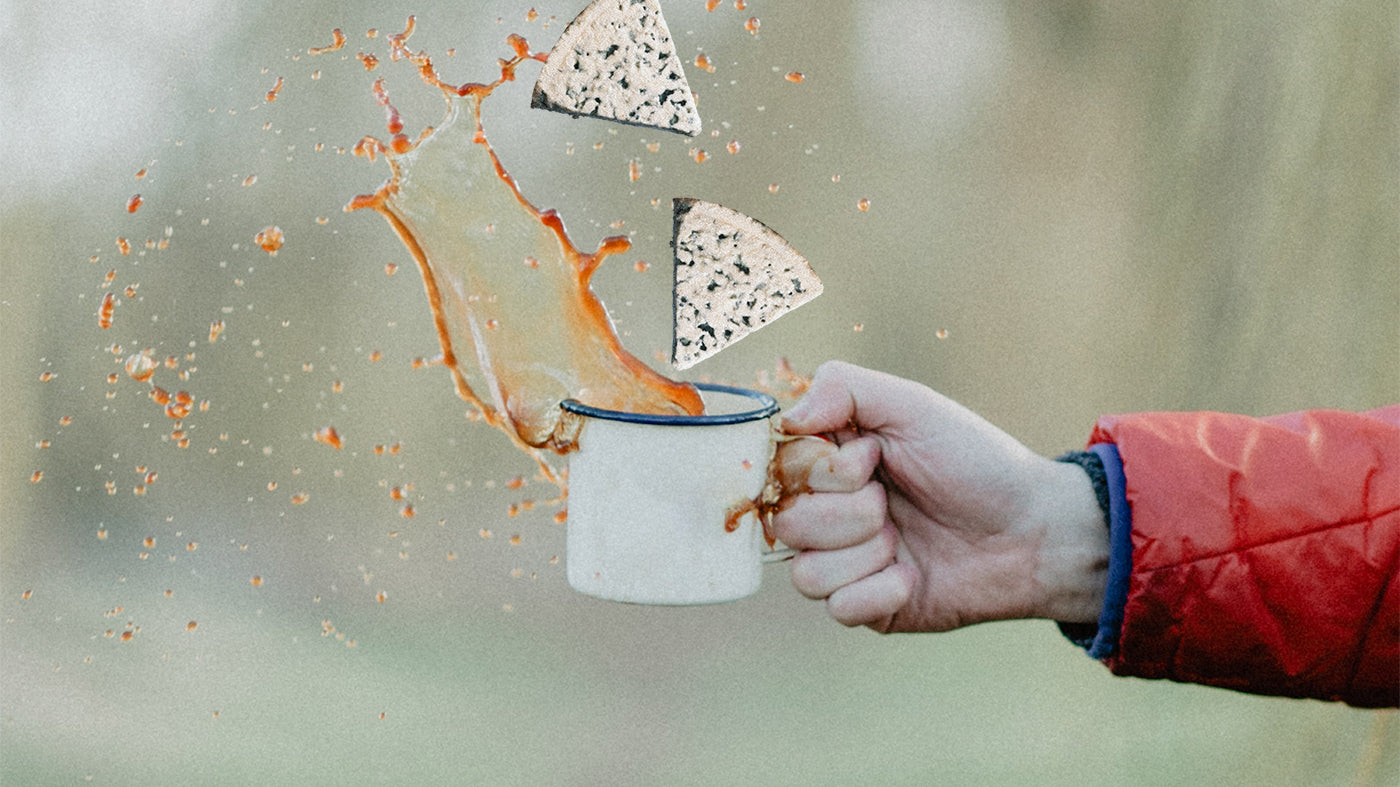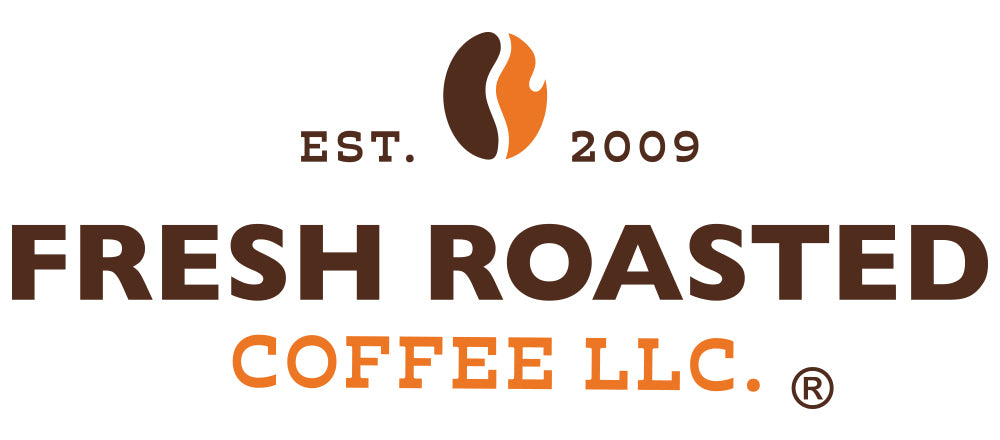Coffee Education After COVID, Dunking Cheese in Coffee, and Touba Coffee

-
Will coffee consumers’ focus on education continue beyond Covid-19?
By Vasileia Fanarioti for Perfect Daily Grind“Naturally, [the pandemic] led many consumers to start brewing more coffee at home. According to a 2022 National Coffee Data Trends report from the National Coffee Association, a record 85% of the US population were drinking at least one cup of coffee per day in 2020. So, in response to this boom in home coffee consumption, some coffee shops and roasters started offering remote educational courses to people interested in making café-quality beverages. But as Covid-19 restrictions continue to ease around the world, we have an important question to ask: will the demand for these courses continue?”
continue reading -
North France: Is cheese really dunked in coffee at breakfast?
By Théophile Larcher for The Connexion“Maroilles is considered one of France’s strongest cheeses and was the focus of a recent competition during the 55th Foire du fromage in La Capelle (Aisne), where people competed to wolf down the largest amount of it. Coffee dipping was optional. The winner ate 1 kilo and 26 grams of the cheese in 20 minutes.”
continue reading -
What is Touba coffee & how do you prepare it?
By Isabelle Mani SanMax for Perfect Daily Grind“Across many countries in the Middle East and Africa, traditional brewing methods are still popular today – in both coffee houses and at home. One of these brewing methods is Touba coffee (also known as Sufi coffee): a popular traditional coffee beverage largely consumed in Senegal. The drink was first introduced to the country in 1902 by religious leader Sheikh Amadou Bamba Mbacké. Over the past few years, consumption of Touba coffee has become less linked to religion and more popular further afield, with many people across Senegal – and more recently in West African country Guinea-Bissau – enjoying the drink.”
continue reading

Leave a comment